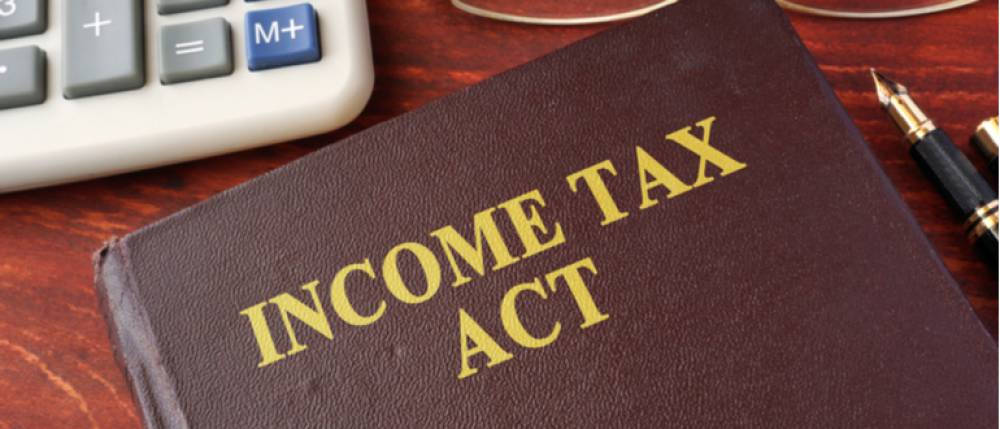Subscribe to get weekly insights
Always stay up to date with our newest articles sent direct to your inbox
Published on 15 Sep, 2020
Updated on 6 Feb, 2024
1872 Views
2 min Read

Written by Care Health Insurance
favorite0Like
favoriteBe the First to Like
Taxpaying individuals who spend on medical expenses for treatment of specified diseases or ailments for self or dependents are eligible to claim tax deduction under Section 80DDB of the Income Tax Act, 1961. This provision is beneficial for those who have to meet high medical expenditures. One can claim the deduction for dependent family members such as spouse, children, and parents. The benefits are applicable only for the specified diseases under Section 80DDB.
In this article, we will discuss Section 80DDB benefits and the specific diseases it covers.
The following persons are eligible to claim the tax deduction for the expenses, under Section 80DDB medical treatment of specified diseases during the previous year:
Non-resident Indians, corporate or other entities are not eligible to claim the deduction under section 80DDB.
A person is eligible to claim a tax deduction on the medical treatment expenses for the Section 80DDB specified diseases as mentioned below:
The amount of the tax deduction is based on factors such as the patient’s age and amount of medical expenses. One can claim a tax deduction on the actual amount of medical expenditures incurred in the financial year or up to Rs. 40,000, whichever is less. Senior citizens and super-senior citizens are eligible to get a higher amount of deduction up to Rs 1 lakh.
It is essential to have the right knowledge about these tax benefits so that one does not face any hassle.
The right investment decision at the right time can help secure your future in the best possible way. Get a health insurance plan today by Care Health Insurance. You can avail tax deduction on the premium you pay, under Section 80D of the Income Tax Act. Visit our official website to choose your health cover.
Disclaimer: The above information is for reference purposes only. The tax exemptions are subject to the rules and regulations of the Income Tax Act of India 1961.
favoriteBe the First to Like
Thyroid : मामूली नहीं हैं महिलाओं में थायराइड होना, जानें इसके लक्षण और घरेलू उपचार Vipul Tiwary in Diseases
शुगर कंट्रोल कैसे करे? जानें, डायबिटीज में क्या खाना चाहिए Vipul Tiwary in Health & Wellness
हाई ब्लड प्रेशर को तुरंत कंट्रोल कैसे करें? देखें इसके उपाय Vipul Tiwary in Diseases
पैरों में दर्द किस कमी से होता है? जानें, इसके घरेलू इलाज Vipul Tiwary in Health Insurance Articles
Smog Season is Back: Are You Really Safe? Sejal Singhania in Health Insurance Articles
Amino Acids: The Unsung Heroes of Your Mental Well-being Jagriti Chakraborty in Mental Health
8 Reasons to Start Your Morning with Ajwain Water Jagriti Chakraborty in Home Remedies
Ice Water Face Dip: The 15-Second Beauty Hacks Celebs Swear By Jagriti Chakraborty in Home Remedies
Always stay up to date with our newest articles sent direct to your inbox
Loading...